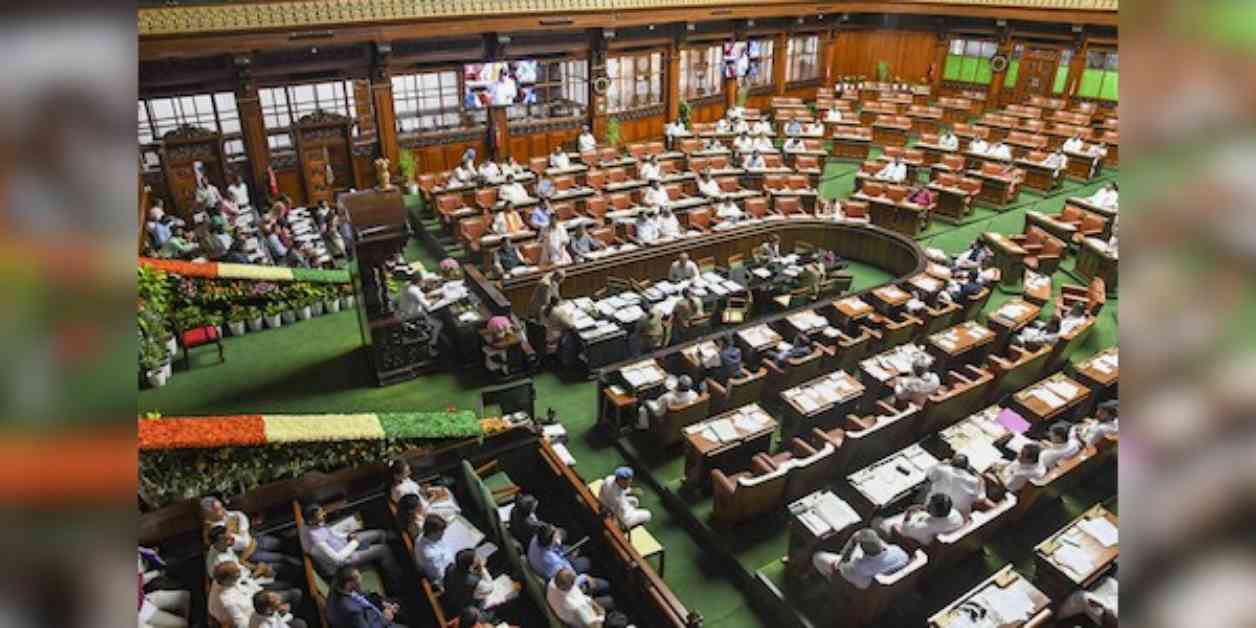Karnataka Government Revokes Consent for CBI Probes: Implications and Justifications
The Karnataka government made a noteworthy decision on Thursday by withdrawing the general consent previously granted to the Central Bureau of Investigation (CBI) to investigate cases within the State. This move has raised significant questions and concerns about the autonomy of the CBI and the state government’s stance on upholding justice.
Law and Parliamentary Affairs Minister H K Patil announced the withdrawal of the notification granting general consent for CBI to probe criminal cases in Karnataka under the Delhi Special Police Establishment Act, 1946. This decision came after a meeting of the Cabinet, chaired by Chief Minister Siddaramaiah, indicating careful consideration and deliberation on the matter.
Legal Framework and State Consent
Under section 6 of the Delhi Special Police Establishment (DSPE) Act, 1946, the CBI is required to obtain consent from the respective state governments to conduct investigations within their jurisdiction. The withdrawal of general consent by the Karnataka government signifies a shift in the dynamics of cooperation between the state and the central investigating agency.
Minister H K Patil emphasized the need for a case-by-case verification process for granting consent to CBI probes, citing concerns about the judicious use of investigative powers by the agency and the central government. The decision to revoke general consent reflects a cautious approach towards ensuring transparency and accountability in the investigation process.
Challenges and Controversies
The decision to withdraw general consent for CBI probes has sparked debates and controversies, with questions being raised about the potential motives behind this action. Speculations about shielding high-profile individuals or influencing ongoing investigations have been vehemently denied by the state government.
Minister H K Patil clarified that the withdrawal of general consent is not aimed at protecting the Chief Minister, who is currently facing a probe in the Mysuru Urban Development Authority (MUDA) site allotment case. He reiterated that there is a court order for a Lokayukta probe into the matter, emphasizing the impartiality and independence of the judicial process.
Concerns about the misuse of investigative agencies like the CBI have been a recurring theme in public discourse, with allegations of selective targeting and lack of accountability in high-profile cases. The state government’s decision to scrutinize each case individually before granting consent for CBI probes reflects a commitment to ensuring fair and unbiased investigations.
Transparency and Accountability
Minister H K Patil highlighted the importance of upholding the principles of transparency and accountability in the functioning of investigative agencies like the CBI. He pointed out instances where chargesheets were not filed or investigations were stalled by the agency, raising questions about the efficacy and integrity of the investigative process.
The refusal of the CBI to probe numerous mining cases and other sensitive issues has fueled concerns about the agency’s independence and impartiality. By withdrawing general consent for CBI probes, the Karnataka government aims to instill confidence in the public and ensure that investigations are conducted with integrity and diligence.
The decision to revoke general consent for CBI probes is not influenced by political considerations or external pressures, as clarified by Minister H K Patil. The state government remains committed to upholding the rule of law and ensuring that justice is delivered without any bias or prejudice.
In conclusion, the Karnataka government’s withdrawal of general consent for CBI probes signifies a proactive approach towards enhancing transparency and accountability in the investigative process. By scrutinizing each case individually and ensuring that investigations are conducted judiciously, the state government aims to uphold the principles of justice and fairness in all aspects of governance.




















